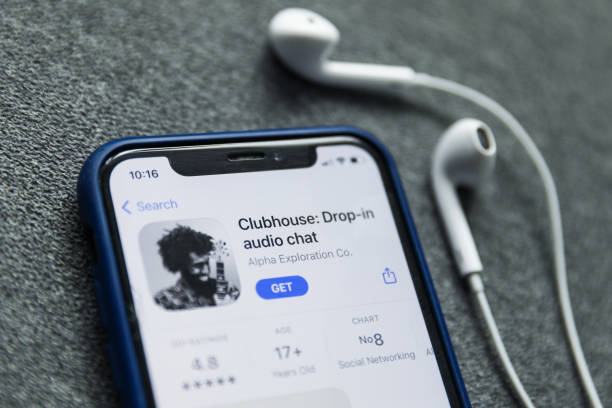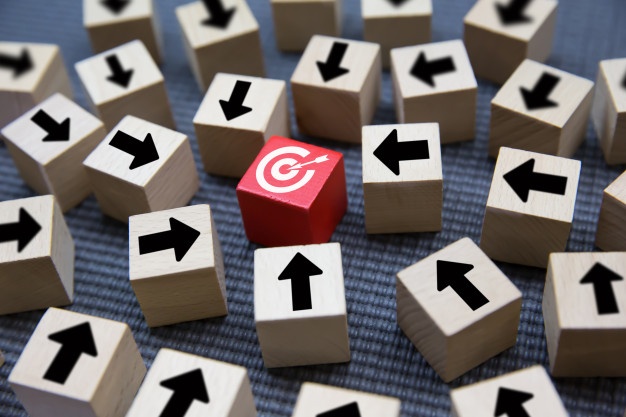Looking after our mental health is more important now than it has ever been. Not only are we living through a time of heightened global anxiety, we are constantly being plagued with fear and worry for the safety of our loved ones. We are also dealing with loneliness and enormous upheaval to the way we live sine the outburst of the COVID pandemic in 2020.
All of these stressors can take a huge toll on one’s mental health. As a result, there is a profound need to ensure that our mental health is in check and in tiptop shape. Interestingly, simple lifestyle changes can be all the magic and medicine you need to have your mind and body under control.
Here are 8 lifestyle hacks that can improve your mental health
Cut down on drinking and avoid drugs
Excessive alcohol consumption and misuse of drugs are incredibly harmful to both your physical and mental health. It’s well-known that alcohol is a depressant, which can negatively affect your mood, making you feel low and anxious. Depending on which drugs you misuse, the effects on your mental health can range from depression, anxiety and euphoria, to long-term psychosis, hallucinations and delusions.

There’s a whole host of benefits associated with giving up these substances. This is why it’s so important to take steps to cut back on your drinking (or stop altogether). And avoid drugs completely as a means of improving your mental wellbeing. If you think you have a problem with alcohol or drug misuse, it’s crucial that you seek specialist support. To help you to overcome your addiction.
Make time for self-care.
Brainstorm a list of self-care activities that make you happy and schedule them as part of your daily routine. This could be structured therapy sessions or daily exercise or simply an outdoor walk or time with loved ones. Or something as simple as listening to your favourite songs.

Be kind to yourself.
Change can be hard and often takes time. Allow yourself to have feelings and forgive yourself for mistakes. You are here and doing your best, and that count for a whole lot.
Make sleep a priority.

Studies have found that sleep and mental health are connected. In fact, approximately 65 to 90% of people with major depression also experience a sleep problem. This year, try to go to sleep a little earlier every night and give your body the rest it needs.
Limit your screen time.

Spending too much time on your phone or computer can impact your quality of sleep. It can impact your relationships and even lead to feelings of depression and anxiety. Be conscious of how much time you’re spending online and the impact it has on your mental health. When you figure that out, then make some adjustments, if needed.
Create bite-size targets
Break the goal down into specific actions and schedule them in, making them a priority. Turn these actions into a plan, and you have a blueprint for the steps you need to take and the agency to get started.

It is essential to track progress and to find ways to celebrate the small wins along the journey. This will give you the feeling of progress, the ability to see progress made, and increase motivation as you focus on the actions rather than the outcome.
Learn more about mental health.
One of the best ways to improve your mental health is to understand it. There are online resources available that provide information about common mental health and substance use conditions. Or you can talk to medical professionals to learn more about your specific situation. You can also take a Mental Health First Aid course. MHFA teaches people how to understand, identify and respond to signs and symptoms of common mental health and substance use challenges.

Get help
If you find that you are struggling with a mental health problem, it’s important to recognize that specialist support is available. Contact licensed mental wellness experts or psychologists to get help.
